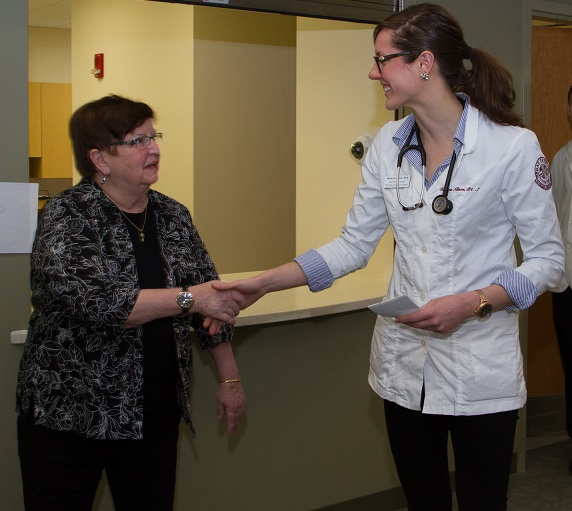Trends in office and research support
- The new model of patient-centered care requires information sharing between more locations than ever while still protecting patient privacy. Electronic medical records are changing the way many office and research support occupations do their jobs.
- The importance of patient health education is being stressed as a way to help prevent illness and manage chronic conditions – both lowering the cost of care and increasing good health habits, especially among at-risk populations.
Local priority occupations by education and training level
High School/Some College/Certificate Program
Associates and Bachelors Degree
Masters Degree or Higher
What is it like to work in an Office and Research Support career?
All careers in this cluster help to improve the way care is delivered to patients. This means that almost all careers in this cluster must be familiar with and comfortable using technology as part of daily work. Since this technology also changes very quickly, it is helpful for people working in this cluster to actively seek to increase their skills and knowledge around technology and information-sharing trends.
For careers like community health worker, health educator, and health services manager, who often work directly with patients in diverse communities, cultural competency is also extremely important. “Cultural competency” means that one can work effectively with people of different cultures. Understanding the way different cultures view health care as part of their daily lives and learning to work with these views allows for much more effective delivery of care.
If you think you might want to work in an Office and Research Support career, it is highly recommended that you work with a career counselor or academic counselor to make sure that you create a career plan that is realistic and matches your goals.
 Healthcare Workforce Partnership
Healthcare Workforce Partnership 
 REB - REGIONAL EMPLOYMENT BOARD OF HAMPDEN COUNTRY, INC.
REB - REGIONAL EMPLOYMENT BOARD OF HAMPDEN COUNTRY, INC.